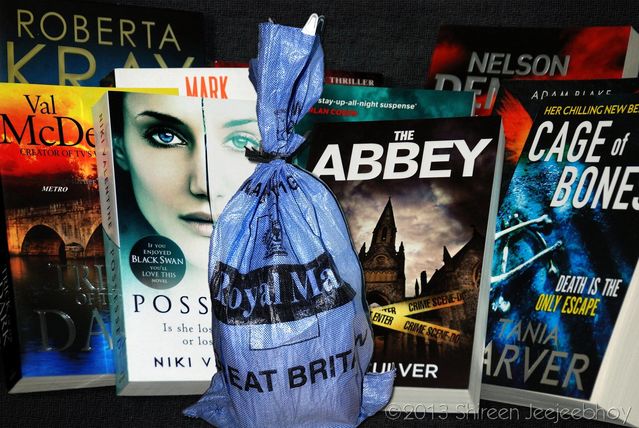Grief
Reading Loss: The Genesis of Grief, the Seed of PTSD
Brain injury steals away the ability to read.
Posted May 1, 2018

You never know how brain injury will play out over time. What you think at first is mild becomes worse and worse. Biochemical changes wreak hidden havoc as the medical system of psychiatrists, neurologists, and therapists waits to see what emerges on the surface before they teach you how to be positive about the losses.
I remember learning how to write when I was three years old. By then, I already knew how to read. I have no recollection of when I first read, only that I knew how to read the alphabet when our teacher began to teach us our ABCs and print it in pencil. Reading was my identity, the core of who I was, my life. The lack of research into reading as a complex cognition and psychiatrists not treating reading restoration as central to rehab, failed me as it has so many others.
Here is an excerpt from Concussion Is Brain Injury: Treating the Neurons and Me from when I came face to face with the unimaginable:
The Energizer Bunny booted me out of bed. God or the inherited will of the women in my bloodline got me to sit up then stand up against the fatigue that sat on me like an elephant resting his butt on my chest, against the pain plating my neck and shoulders, digging into my hips, and razing my right arm and hand. I stumbled into my day and to my favourite bookstore on hurting feet.
I walked through its glass doors and rode the escalator up, clinging to the germ-ridden moving rail, walking past the armchairs facing a cozy fireplace, up another escalator, feeling like I was going to fall over and down, down, down. But I made it safely off. Feeling relieved at once again foiling the gods of unbalance, I hurried at my slow pace with my right leg making its usual objections, not really noticing that I had to think to walk, think to know where to go, as I disappeared into the mystery section.
Being on my own meant being free to be in my slowed-down time. I could inhale the scent of fresh books unencumbered by anyone else misting out their impatience at me while I let my eyes slide across black and yellow and white small paperback spines until I found a name I could discern and knew.
I stuffed down the memory of the big change. I got to buy books now because of this big change. This was good. Well, OK, I didn’t have the money to buy as many books as I liked. I could buy one. I had begun haunting the bookstore because I could no longer devour in two hours a mystery I’d borrowed from the library. For some reason, it took more than three weeks, and I was always getting them back late to the library. Like a child, seconds for me lasted weeks. Three weeks became amorphous. I’d check and recheck the slips, but they referred to numbers not the book titles. They were gibberish, and I couldn’t match them up to the books I’d borrowed. I carried a paperback with me everywhere because I always had: on the subway, in doctors’ offices, at lunch on my own. I always had borrowed three, maximum five, paperbacks in my weekly or more-than-weekly library visits. I had been on a book diet. I could’ve easily read one a day, but everyone around me got grumpy about it if I did. I hadn't known why. What did it matter if I read while they watched TV? I was sitting beside them. Or what did it matter if while they were at work and I was at home taking a break from my work that I flew on the words of another’s imagination into a different place, a different life, enthralled by the mysteries enfolding me in their suspense?
Apparently, it had. And I acquiesced, putting myself on a diet. In 2000, I was starting to regret it.
I rationalized my pre-injury reading diet by telling myself that I had my morning start of emails and e-newsletters, my post-writing time of marketing books, my mid-afternoon stroll through different biography styles, and my post-coding late-day cool down of literary tomes to supplement. Well, the last could’ve dropped into the abyss of should-reads we all have and don’t do. I could’ve gotten by with three or five paperbacks a week.
I couldn’t fathom that since the car crash I was reading one book over more than three weeks. This made no sense.
I wandered on the third floor of Chapters, lost in the mystery stacks, until I found a book by an author I knew with characters I knew. I had come to buy only series familiar to me or ones so simplistically written that I could follow them. I happily headed for the cashiers.
About two months later, my OT said, “You can’t read.” Facing me across a table, in a gentle, compassionate voice, she pointed to my ubiquitous paperback and dropped the devastating news that I was not actually reading it. I was going through the motions, but I was absorbing nothing. I sat there, the stone of her news rippling its honesty into my mind.
No!
If you like what I’m writing, please consider supporting my work through Patreon.
Copyright ©2017-2018 Shireen Anne Jeejeebhoy. May not be reprinted or reposted without permission.


